Dubai, November 30, 2023: In an unprecedented move, the first day of the Conference of Parties (COP28) in Dubai witnessed the rapid approval of the landmark Loss and Damage Fund (LDF), a significant step towards global climate action. Garnering an overwhelming endorsement from member countries, this ground breaking climate compensation fund marks a new era in addressing the challenges faced by nations grappling with the effects of global warming.
COP28 President Sultan Ahmed al-Jaber said the decision sent a "positive signal of momentum to the world and to our work here in Dubai."
So far, several nations including Japan, the United Kingdom and the European Union have pledged more than 400 million in total to the Fund and more is expected, said the COP28 president Al-Jaber. The threshold to operationalise the fund was USD 200 million, but it has “reached north of $400 and more in the coming days,” he said.
The Indian delegation, led by the Ministry of Environment, Forest and Climate Change (MoEFCC), played a pivotal role in advocating for the LDF. India's consistent support since COP27 reflects its commitment to aiding poorer countries disproportionately affected by climate change.
The LDF, conceptualized during COP27 in Egypt, is designed to financially support nations bearing the brunt of global warming through extreme weather events. A Transitional Committee, established for shaping the fund's structure, submitted its report to the United Nations Framework Convention on Climate Change earlier this month, setting the stage for its approval at COP28.
The fund is set to be managed initially by the World Bank, with financial contributions expected from wealthier, more polluting nations such as the US, UK, UAE, and China. The COP28 Presidency lauded the rapid operationalization of the fund within a year, describing it as an "unprecedented" global collaboration.
India's involvement extends beyond advocacy, as it stands to benefit from the LDF for implementing climate adaptation strategies. Furthermore, nations within the African Union and island nations allied with India through the International Solar Alliance (ISA) and the Coalition for Disaster Resilient Infrastructure (CDRI) also stand to gain.
However, the journey ahead is filled with complex negotiations. The forthcoming two weeks at Expo City in Dubai will delve into the specifics of fund contributors and beneficiaries, amidst some developing nations expressing concerns over the decision to house the fund with the World Bank.
As COP28 progresses, the global community watches with anticipation, hoping that the foundational steps taken in Dubai will pave the way towards a more resilient and equitable future in the face of climate adversity.
What is COP?
The United Nations Framework Convention on Climate Change (UNFCCC) hosts its pivotal annual meeting, the Conference of Parties (COP), where global leaders and delegates converge to formulate and agree upon measures for combating climate change and achieving the critical target of restricting global warming to 1.5°C, in line with the objectives set by the 2015 Paris Agreement. This year's session has drawn participation from approximately 180 national leaders. The event has attracted nearly 100,000 delegates and anticipates around 400,000 visitors to the adjoining 'green zone' showcasing business and technology exhibitions. The summit is set to navigate through roughly 170 agenda items across various negotiation platforms.
COP28 assumes exceptional significance against the backdrop of this year’s record-breaking global temperatures, attributed by experts to climate change. With 2023 on track to be the warmest year ever recorded, the urgency to reduce greenhouse gas emissions has intensified. The COP28 is set to play a pivotal role in establishing new directives to meet this challenge. According to the UN Emissions Gap Report, a drastic reduction in emissions—28% by 2030 for the 2°C target and 42% for the 1.5°C goal—is necessary under the Paris Agreement. These steps are critical in the global effort to counteract the increasing shifts in weather patterns and the rising frequency of extreme weather events like heavy rainfalls, floods, and droughts.
Urgent Climate Action in Focus
The current year, poised to be the hottest on record, brings an urgency to the COP28 discussions. With the intensification of extreme weather events like floods, droughts, and intense rainfall, particularly in the Global South, the conference is expected to be pivotal in shaping future climate action. Nations like India and Pakistan, despite their lower contributions to historical greenhouse emissions, are experiencing severe climate impacts. The COP28 aims to establish new actions to limit global warming to 1.5°C, aligning with the Paris Agreement goals.
Controversies Surrounding COP28
The appointment of Sultan Ahmed Al-Jaber, the CEO of ADNOC, as the COP president-designate has sparked criticism, with activists citing conflicts of interest. Furthermore, leaked documents suggest that the UAE planned to use COP28 as a platform for fossil fuel deals, although Al-Jaber has refuted these allegations.




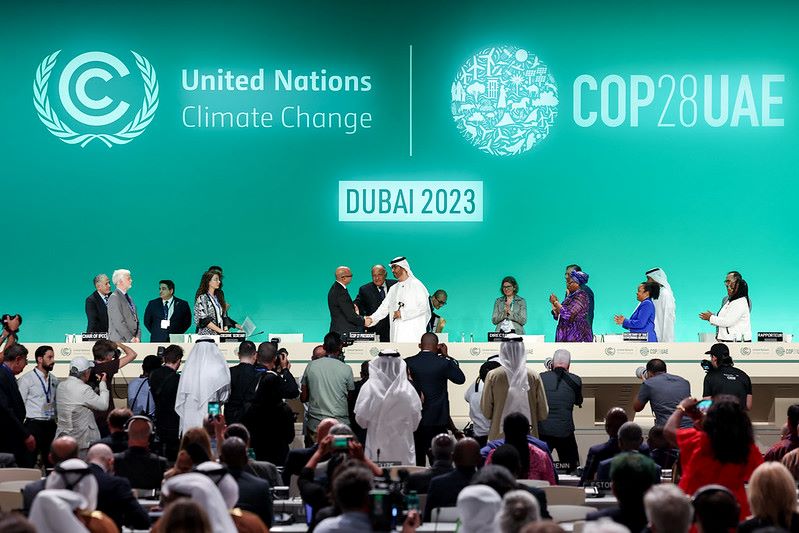
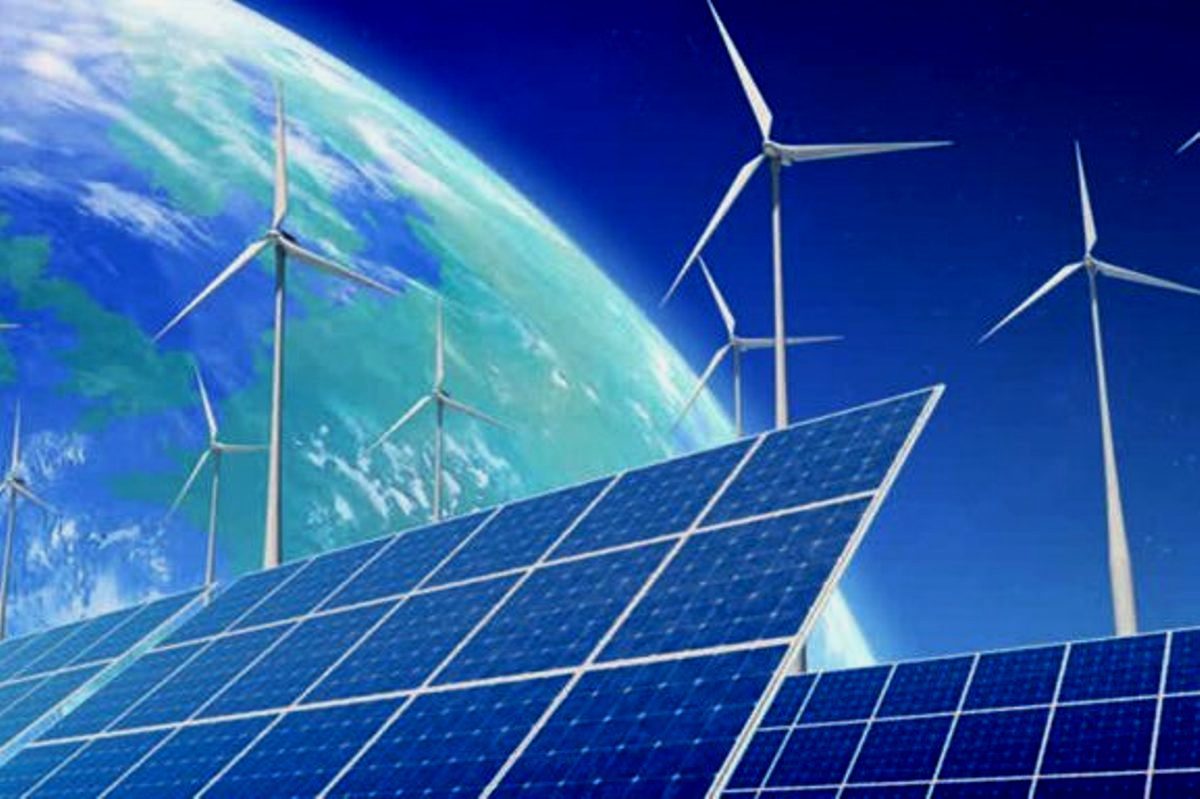
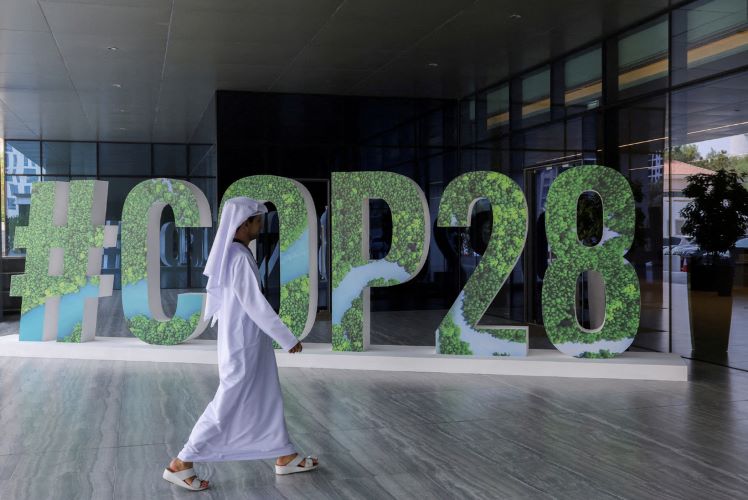
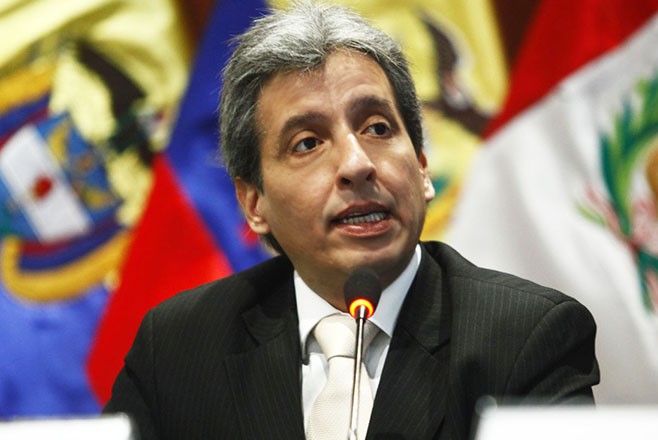

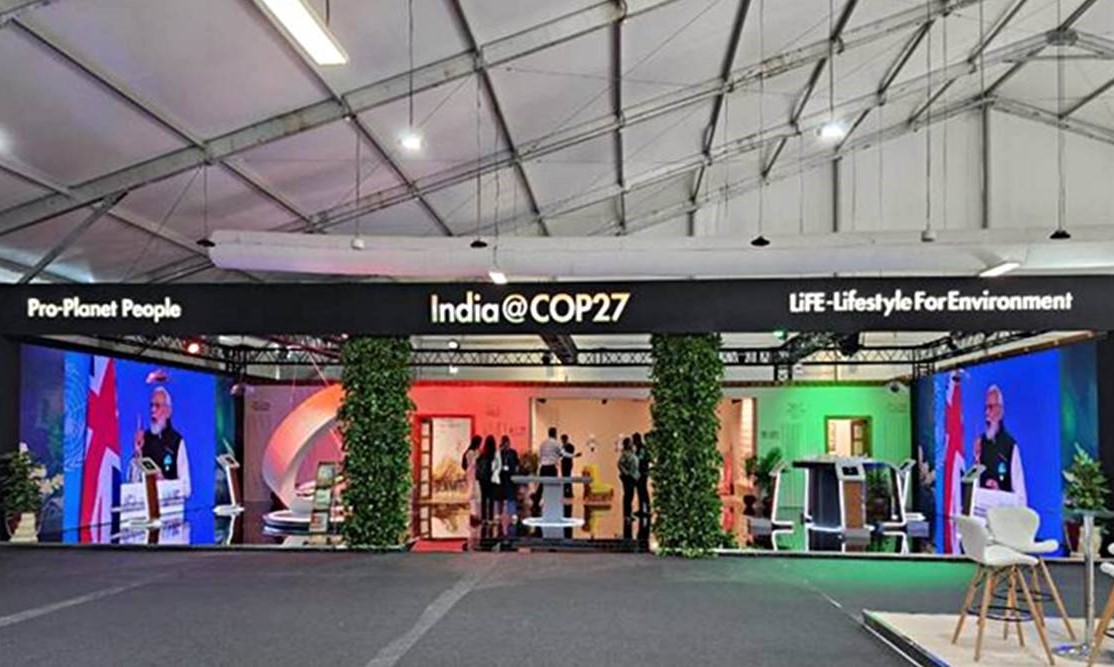
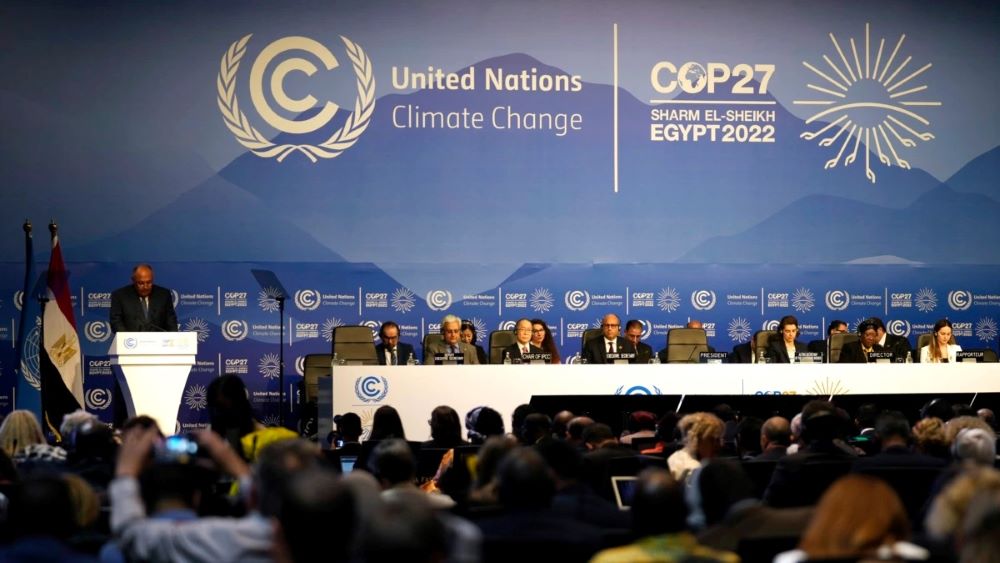



.jpg)



